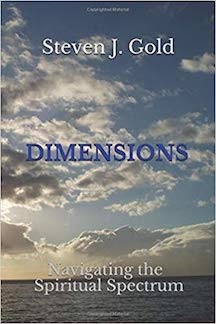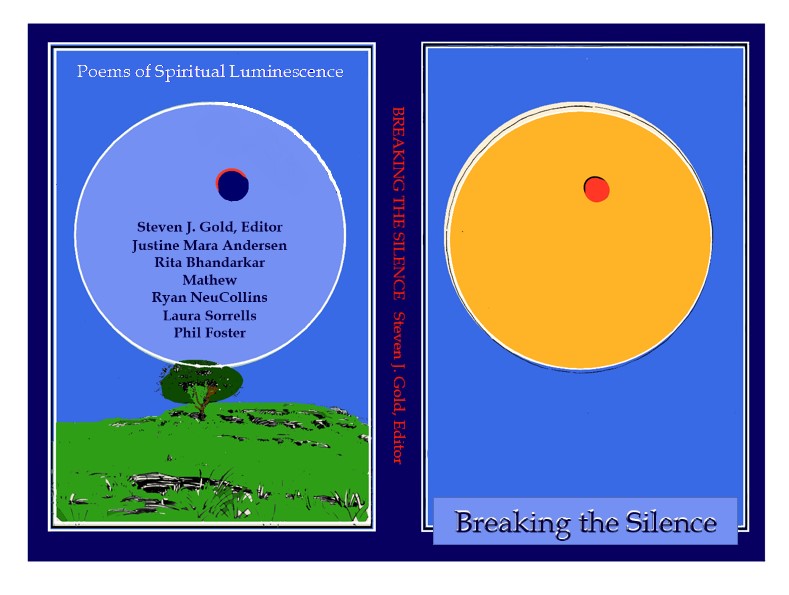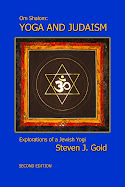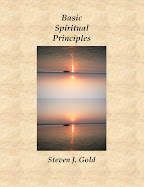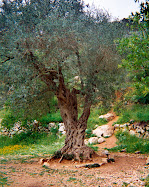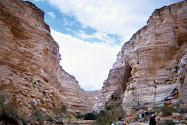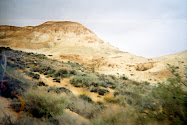I recently had a question about the use of something similar to prayer beads (rosary beads or mala beads) in Jewish practice, as it seems to be common among many other spiritual traditions, but not in the Jewish tradition. The questioner also heard that it might actually be prohibited in the Jewish tradition. Following is my revised response that I wanted to share here:
While I have thought about many issues and detected many connections between Judaism and other traditions, this question is one that never came to mind before, at least not directly. And of course, when dealing with Judaism, just like almost any other spiritual tradition, you can find answers all across the board to just about any question, so it is not a simple matter to provide a simple answer. However, I will try, and try to keep it brief.
I have never heard of an absolute prohibition of using something like prayer beads in Judaism, although there are all kinds of general prohibitions that such a practice might fall under, particularly, expansive definitions of idol worship, which is an issue of grave concern to orthodox Jews, as it is such a monumental sin. So it wouldn't surprise me that somewhere some authority has said it is prohibited. Judaism is likewise all over the board concerning mantra-like repetition as a prayer or meditation practice. Some sources prohibit or discourage it, I think generally under the prohibition that it would be taking the name of God in vain, but there are other sources verifying that it was/is a common kabalistic practice that generally has been kept secret over hundreds of years. What this question initially brought to mind was if there was anything comparable to the use of prayer beads in traditional Jewish practice. I came up with a few things: the traditional Jewish prayer shawl (tallis) contains knotted tassels on its four corners that are constructed and knotted in a very specific fashion, called tzitzit in Hebrew. There are a specific number of knots and specifications for constructing the tassel, winding the thread separating the knots, and making the knots themselves. While I have seen no reference to using these knots in some kind of rosary practice, it is an interesting proposition. Orthodox men also wear an undergarment referred to as tzitzit on the upper body that has four corners and contains the tassels with the knots. So this could be seen as comparable to wearing a mala in the yoga and Hindu traditions. The four corners are generally regarded as the four corners of the earth/cardinal directions; and the tassels generally are thought to remind one of the commandments (and there are a total of 613 do and don't commandments, not just the 10 generally known). Concerning the repetitions of prayers, the traditional orthodox prayer service generally involves much rapid-fire recitation/chanting of prescribed prayers (called davenning) with an occasional communal coming together. The traditional orthodox service also involves many repetitions of some prayers during the same service. The Torah is chanted regularly in a strikingly similar fashion as the Vedas are chanted by the brahmins. Repetition is also found in a mostly Chasidic practice called niggun. Niggun is often associated with wordless melodies that are repeated over and over, although some niggun have words. It is strikingly similar to kirtan in yoga and Hinduism.

